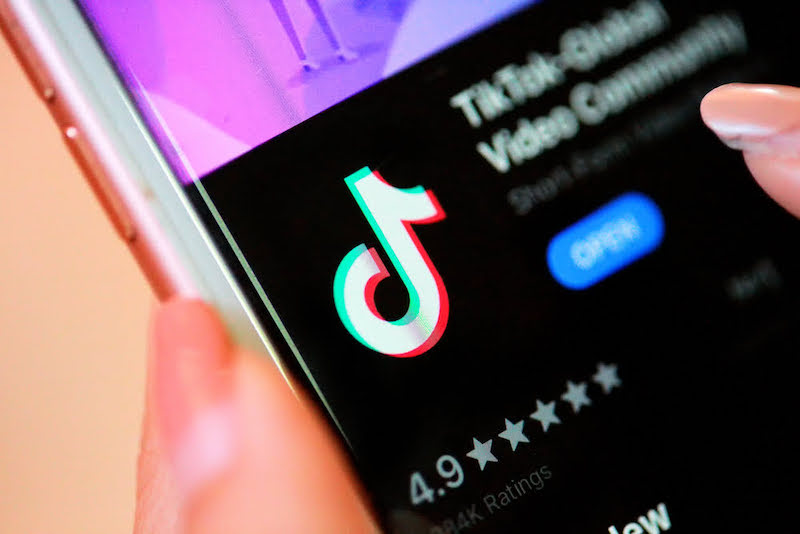Today, when social media is used daily by an ever-wider segment of the population, and when generative artificial intelligence is an ever deeper part of our lives, there is a need for certain rules. Especially when it comes to safety.
It is superfluous to add that, in this sense, The West has been looking askance at TikTok lately, the increasingly popular Chinese platform owned by ByteDance. The fear is that Western users’ data will be retained without consent. And, when requested, turn to the government in Beijing.
But now, to try to dispel these deep-rooted doubts, TikTok invests a large sum. And it does so for the benefit of the data security of European users. Let’s find out what it is.
TikTok invests in the safety of European users
TikTok invests in the security of European users’ data. It does so in a ten-year perspective, committing 1.2 billion euros per year, for a total of 12 billion.
The aim of the Chinese company is to achieve the objectives of the Clover Project (to which we will return). The sum will be spent to operationalize new data centers and set up a high level of data protection for users on our continent. This is also thanks to the collaboration with NCC Group, an independent security company that will offer its privacy supervision of the project.

A new European data center
TikTok invests 12 billion in security and also announces the delivery of the first of three buildings that will make up the largest European data center in the near future, in Hamar, Norway.
The building will be operational soon, and European user data is expected to be migrated before the start of next summer. The delivery of the other two structures is expected around mid-2024, so as to make them operational before the end of the year. The overall structure will employ approximately 770 people.
We remind you that TikTok currently already has two active data centers located in Dublin.
The Hamar data center will also be built in the name of environmental sustainability: the electricity for the operation of the plant will come from 100% renewable sources and will be based on a low-temperature heat reuse system.
TikTok’s ambition is to become carbon neutral (i.e. reach a balance point between carbon emissions and absorption) by 2030.
TikTok invests 12 billion for the safety of European users: the Clover Project
The Clover Project was unveiled by TikTok in March.
And it resumes a strategy implemented since 2021, and based – we read on the page presenting the project – “on the local conservation of European users’ data, on minimizing data flows outside Europe and increasingly limiting access of employees to user data.”
The Clover Project wants to strengthen the strategy, in the double direction already indicated: pay even more attention to data security and create a large European data centerinitiatives that will “strengthen existing data protections on TikTok and align our overall data governance approach with the European principle of data sovereignty.”
Another point present in the project, and which the company is honouring, is that of relying on an external company, “which will take care of the audit process on controls and data protection, which will monitor its flow and provide independent checks and reporting on any anomalies.”
The last aspect of the project, which we mentioned, is that of sustainability.
Commitment to Europe
TikTok’s investment in protecting European users’ data was announced on November 30 with an article on the platform’s official blog.
Where among other things we can read: “With a constantly growing user base, and over 5,000 people working on TikTok across the region, Europe is of crucial importance for our platform.
We will continue to make long-term investments in advanced technologies, collaborations with industry leaders and human resources, as part of our ongoing commitment to protect the security of our community and its data.”
We will see if these actions will dispel the doubts that European and US institutions have towards ByteDance’s social network. Doubts exacerbated after the declarations of a former employee, according to which the platform is even “an instrument of the Chinese Communist Party”.















Leave a Reply
View Comments